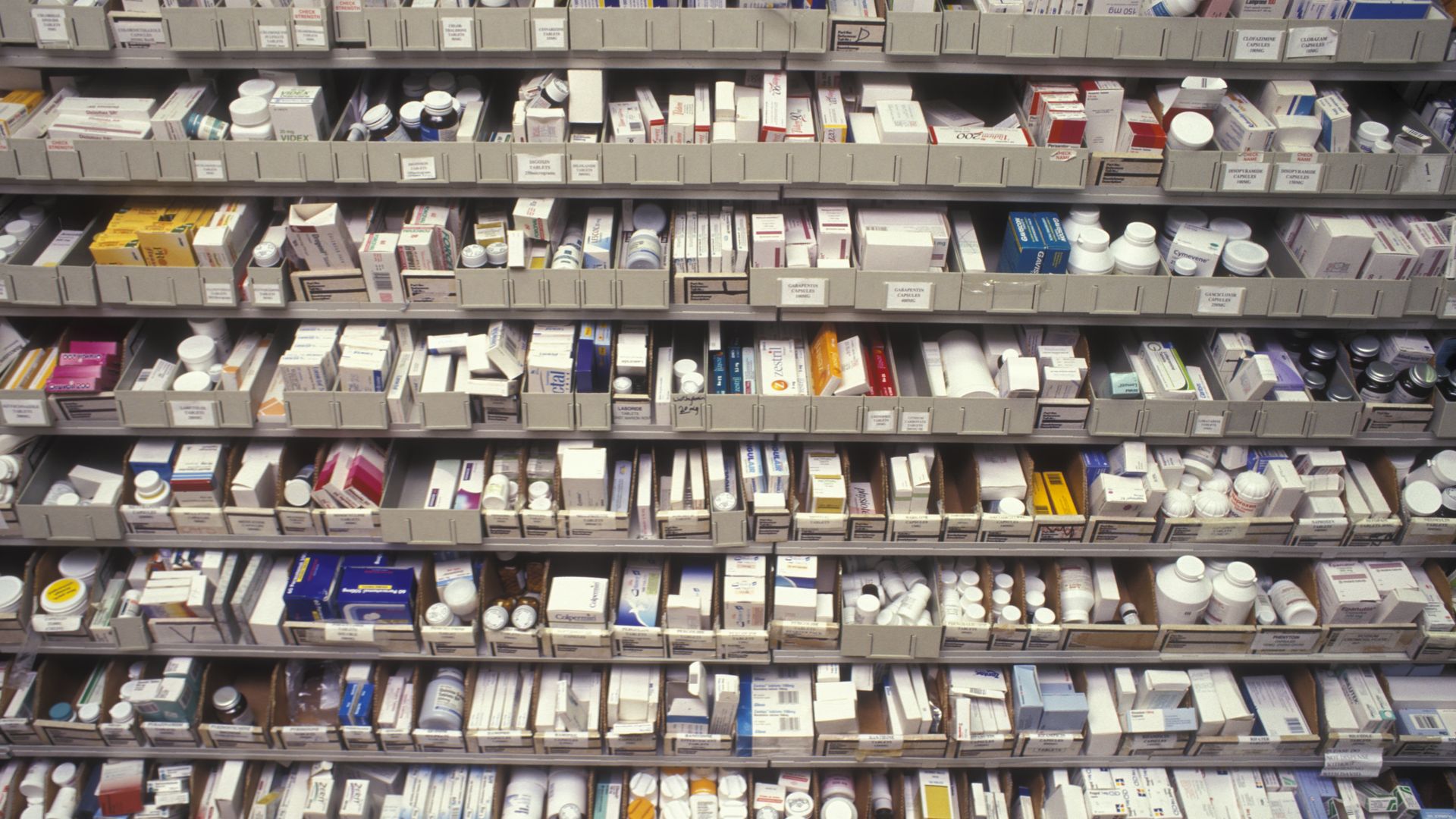Jan 4, 2019 - Health
Health insurers collect big Medicare overpayments from bad guesses
Add Axios as your preferred source to
see more of our stories on Google.

Taxpayers spent $100 billion on Medicare Part D in 2017. Photo: Universal Images Group via Getty Images
